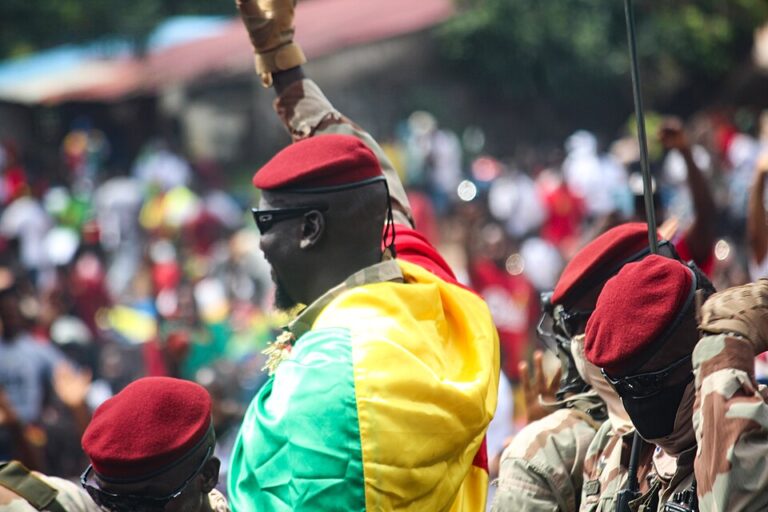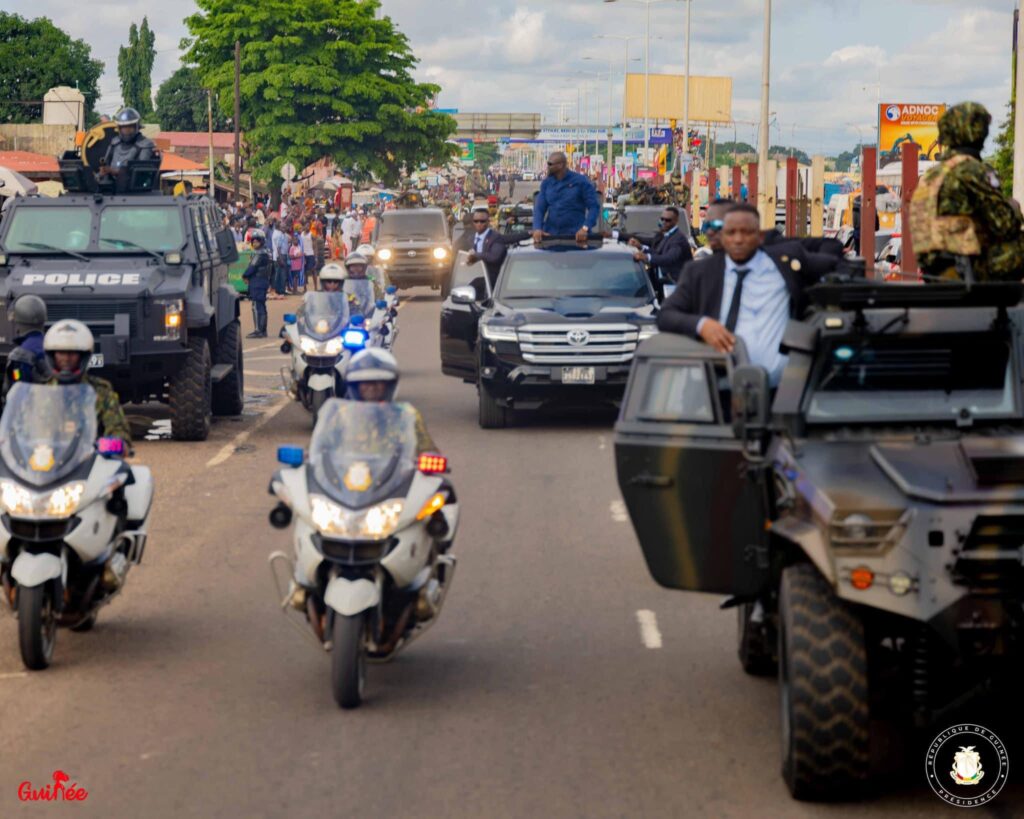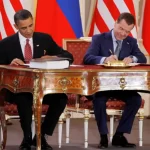uinea’s September 21, 2025 constitutional referendum is the pivotal moment of the country’s post-coup “transition.” The draft charter would lengthen presidential terms, create a Senate with seats the president can appoint, and — crucially — remove earlier bars on junta figures running for office. Critics call it a bid to legitimize military rule; the junta frames it as a reset toward civilian government ahead of elections expected in December. Either way, the vote reorders Guinea’s political field for years.
What the draft constitution does
- Extends the presidential term from five to seven years, renewable once.
- Opens the door for junta leaders to run, reversing earlier transition pledges that barred them from contesting elections.
- Creates a bicameral legislature with a Senate; one-third of senators would be presidential appointees.
The vote in context
- Backdrop: The 2021 coup ousted President Alpha Condé; Col. (now Gen.) Mamadi Doumbouya became transition leader, dissolved institutions, and missed earlier deadlines to return to civilian rule.
- Campaign environment: Major opposition parties were suspended and largely absent; media rules initially constrained coverage, then were partly relaxed. Human rights groups decried repression. Boycott calls came from exiled leaders and civil society figures.
- Electorate & mechanics: Roughly 6.7 million voters were eligible. Reporting differs on thresholds: some outlets cite a simple majority, others note a minimum turnout bar. Counting is underway.
Why it matters
- Path to Doumbouya candidacy: The most immediate effect is enabling the junta chief to stand for president this year. That decision will define the credibility of the transition and the tenor of the 2025–2030 political cycle.
- Executive dominance risks: A seven-year term, combined with presidentially appointed senators, risks tilting checks and balances, especially where parties and courts are weak.
- Regional signaling: ECOWAS has struggled to reverse coups in the Sahel/Guinea arc. A successful “constitutionalization” of junta power could become a model for other militaries seeking electoral cover.
- Security & social stability: A contested process, opposition exclusion, and media constraints raise the risk of post-referendum protests and dispersed violence, especially if results appear engineered.
Scenarios (6–12 months)
- A. “Yes” wins, Doumbouya runs (base case).
Presidential elections proceed under the new rules. Expect a strong incumbency advantage, fragmented opposition, and transactional engagement from partners seeking stability. Governance risks: one-man centric politics, patronage consolidation, periodic crackdowns. - B. “Yes” wins, Doumbouya abstains (low probability).
A hand-picked civilian ally runs; de facto continuity behind the scenes. Lower international friction, but institutions remain executive-heavy. - C. “No” or disputed result (tail risk).
Boycott plus localized irregularities fuels legitimacy crisis; timeline to elections slips. Security forces’ response becomes determinative; ECOWAS pressure rises.
Indicators to watch
- Turnout differentials between Conakry and interior prefectures (proxy for boycott efficacy).
- ECOWAS and partner stances (sanctions threats vs. pragmatic acceptance).
- Election calendar credibility (publication of a binding timetable, financing and logistics for a December presidential poll).
Policy implications
- Conditioned engagement: Tie recognition and development assistance to a credible election calendar, inclusive campaigning, and basic civil-liberties guarantees (media space, opposition rallies).
- Verification & transparency support: Offer technical help for results publication at the polling-station level and parallel vote tabulation in the presidential election to deter manipulation.
- Targeted pressure, not blanket isolation: Calibrated visa and financial measures on individuals who organize violence or sabotage the electoral process, paired with channels for dialogue to prevent escalation.
- Regional coordination: Work through ECOWAS and the AU to avoid mixed messages; align incentives and red lines ahead of the presidential race.





